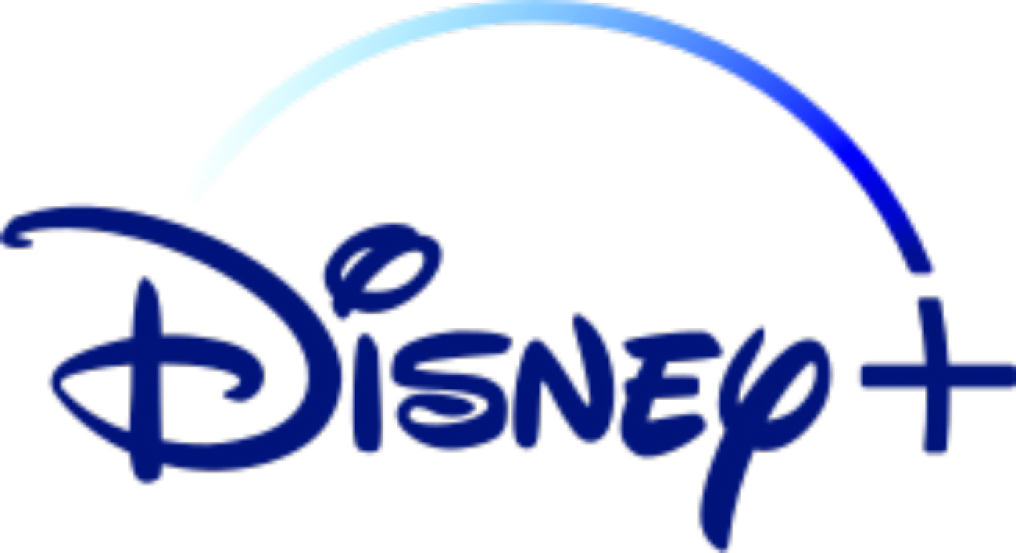Is Disney evil? Yeah, I am talking about that Disney, The Walt Disney Company. The same Disney that has theme parks all over the world, created countless iconic childhood characters, and produces numerous shows and movies. When I first heard people calling Disney evil, I was left confused. Disney is awesome, right? How could that company be evil? I immediately started digging, trying to figure out why people were making claims that a beloved childhood company was as evil as the villains in their movies. After scouring the internet to find the reasons why critics and Disney lovers alike were making such accusations, I came across three major factors supporting the claims. The first is that Disney has a monopoly in the corporate media sector; the second is that it has been accused of exhibiting unethical labor practices; and finally, there is controversy over the cultural influences and sanitization exhibited by Disney’s media.
- Corporate Monopoly Concerns:
According to a CNBC report, Disney generated over 90 billion dollars in 2024, making it one of the 50 most profitable companies in the United States. A vast amount of this revenue comes from companies that Disney did not own until recently. The list of companies that The Walt Disney Media Company purchased grows by the day, contributing to what some say is a monopoly in the media industry. In 2006, Disney acquired Pixar Studios for over $7 billion, transforming the in-house animation industry. While Disney acquired Capital Cities and ABC in 1995, which included the rights to ESPN, the Pixar acquisition was the first of many that have contributed to the immense industry power we know today. The second major acquisition was the purchase of Marvel Studios for $4 billion in 2009. As of 2022, Marvel holds an industry-leading 38% market share in the comic industry, which doesn’t even account for the film dominance that Marvel has exhibited over the past two decades. What is likely the most well-known addition to the Disney brand is Star Wars. In 2012, Disney purchased Lucasfilm for just over $4 billion, which is the second-highest-grossing film franchise of all time, second only to the aforementioned Marvel. The Star Wars acquisition itself has brought controversy to Disney in other ways, particularly in relation to fans criticizing Disney’s choices with the franchise. Finally, in 2019, Disney acquired 20th Century Fox for over $5 billion, which included franchises such as Avatar and Deadpool. The combination of the acquisitions mentioned above and others has led many to question whether Disney has a monopoly over the film industry and whether this monopoly is lowering the quality of Disney productions. This worry was sparked by the release of movies such as The Lion King and The Rise of Skywalker, both in 2019.
- Unethical Labor Concerns:
In the summer of 2024, Disney faced a strike threat from the union representing its workers. The main cause of the strike was, according to the union, “unlawful discipline and intimidation and surveillance.” In September 2025, Disney settled a lawsuit against its workers, resulting in a $233 million payout due to wage theft. The workers reported they were not paid the minimum wage that was decided by Anaheim voters. These are only two of many instances where Disney was involved in lawsuits that questioned their treatment and payment of workers. Alongside class action lawsuits, thousands of Disney workers have come out and made claims about the unsafe, unsanitary, or even abusive working conditions at Disney parks.
- Cultural Influences and Sanitization
Many fans and critics of Disney have questioned the company’s tendency to oversimplify stories and omit important information. Examples that critics cite include The Little Mermaid or Mulan. In The Little Mermaid, the original 19th-century story is one of self-sacrifice and tragedy, whereas the Disney movie depicts a romantic and feel-good scene. In the movie “Mulan,” the key theme is about being oneself, with a large comedic focus as well. The actual story of Mulan is a traditional chinese tale of family, duty, and honor. The main argument for critics is that Disney has oversimplified stories and brightened their meanings. Many films have incorporated a romantic storyline and emphasized conventional beauty standards, often when they don’t align with the story’s context.
Declaring Disney as an “evil” company is no doubt subjective. A combination of monopolization over the media, questionable treatment of employees, and alterations of traditional stories has led many critics to label the beloved company as Evil. While I believe Disney has areas for improvement, it is challenging to definitively declare that a corporation like Disney is “evil.” After further research, I believe Disney remains a company that produces heartwarming, funny, and exhilarating entertainment, both in its parks and on the screen. That being said, there are no doubt shortcomings that Disney must address. Overall, Disney is a childhood company that makes many great movies, but it may have evil tendencies.






